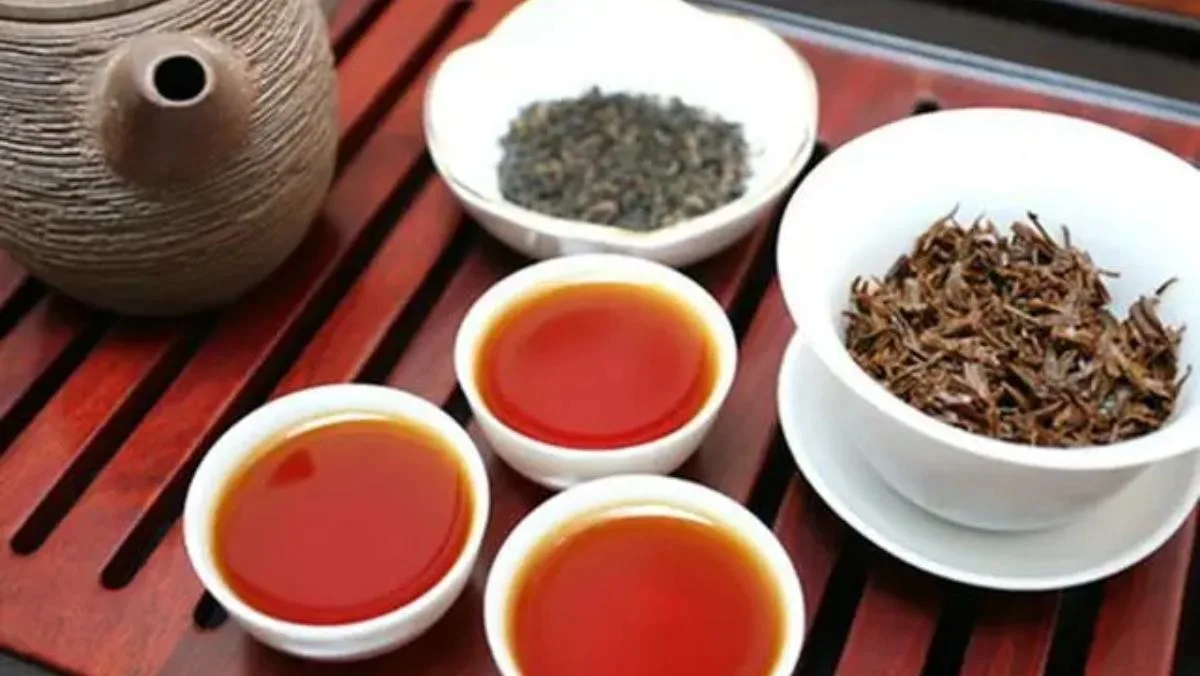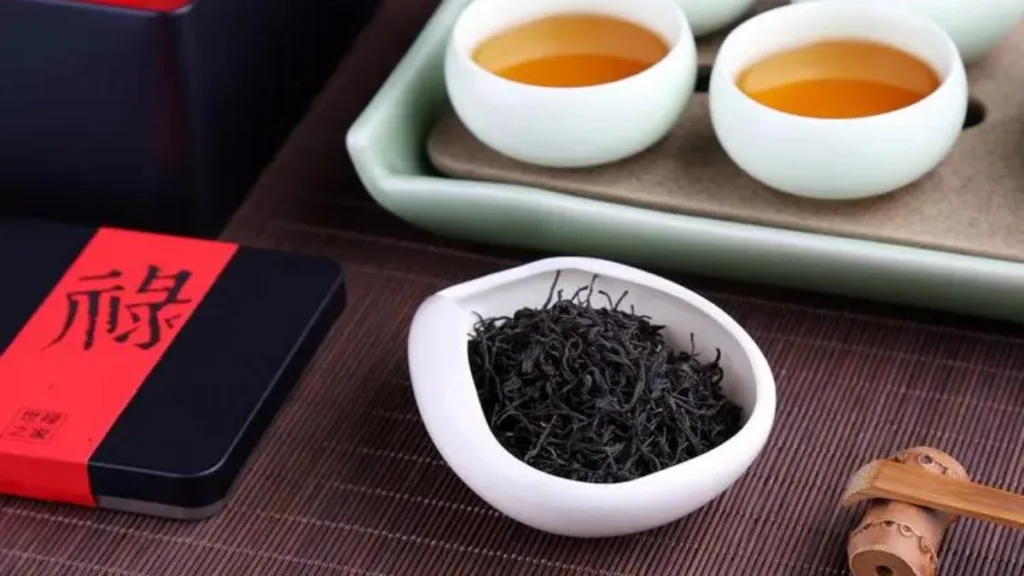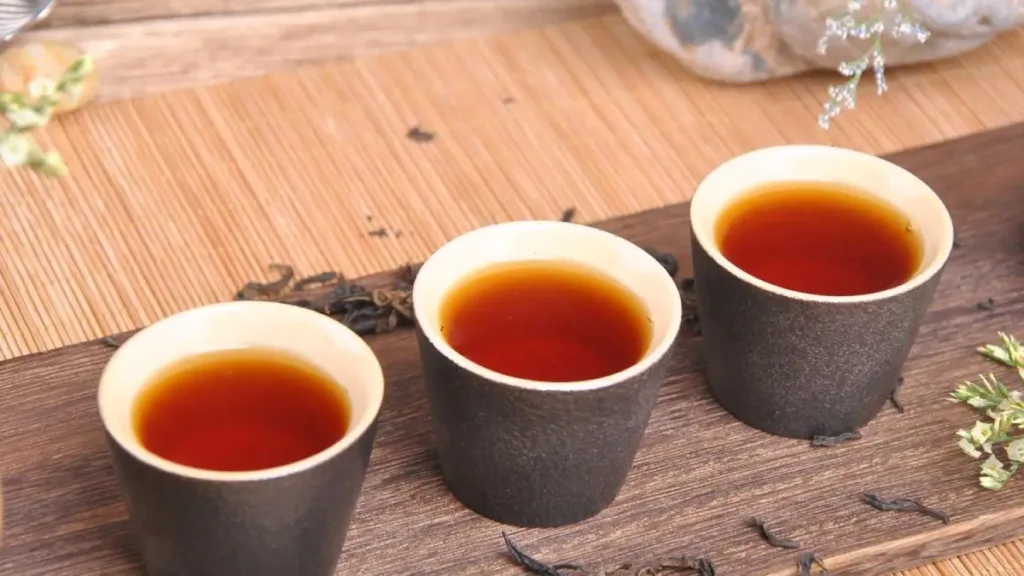In the modern era, with a heightened focus on health and well-being, various types of tea have gained immense popularity. Among them, black tea stands out as a favorite for many. A common question that arises is whether black tea possesses antifungal properties. Let’s delve into this topic to gain a better understanding.
Black tea does indeed contain antimicrobial components, offering antifungal benefits. Specifically, the antimicrobial elements in black tea are primarily catechins and theaflavins. These substances have the ability to inhibit the growth of various bacteria and fungi, including Escherichia coli, Staphylococcus aureus, and Candida albicans.
Firstly, the antifungal properties of black tea are closely associated with its catechin content. Catechins are polyphenolic compounds known for their antioxidative, antibacterial, anti-inflammatory, and antifungal effects. Additionally, theaflavins, another natural polyphenolic compound found in black tea, exhibit antibacterial, antioxidative, and cholesterol-lowering properties.
In summary, the presence of catechins and theaflavins in black tea imparts antifungal properties, effectively inhibiting the growth of various bacteria and fungi. This antimicrobial action proves beneficial in preventing and treating common bacterial infections such as colds, diarrhea, and dysentery. It is essential to remain vigilant about one’s health and avoid self-medication. In the event of changes in health conditions or any discomfort, seeking assistance from healthcare professionals, either through online consultations or in-person medical facilities, is advisable.
It is crucial to address any adverse symptoms promptly by adopting targeted measures, such as medication or alternative treatments. Additionally, ensuring proper protein intake aids in nutritional recovery over time. If experiencing symptoms of illness, consulting a healthcare professional for treatment advice and taking measures to alleviate the symptoms is recommended.
However, it’s important to be aware of certain contraindications associated with black tea consumption:
- Avoid consuming black tea on an empty stomach, as it may contain components that promote gastrointestinal motility, potentially leading to intestinal spasms and abdominal pain.
- Individuals with conditions such as nervous exhaustion, liver disease, pregnancy, lactation, ulcers, alcohol intoxication, malnutrition, anemia, fever, kidney stones, children, and coronary heart disease are advised against consuming black tea.
While black tea, with its rich flavor and popularity among consumers, is a fermented tea processed through typical methods such as withering, rolling, fermentation, and drying, it’s important to heed caution and adhere to these contraindications when enjoying this beloved beverage.



